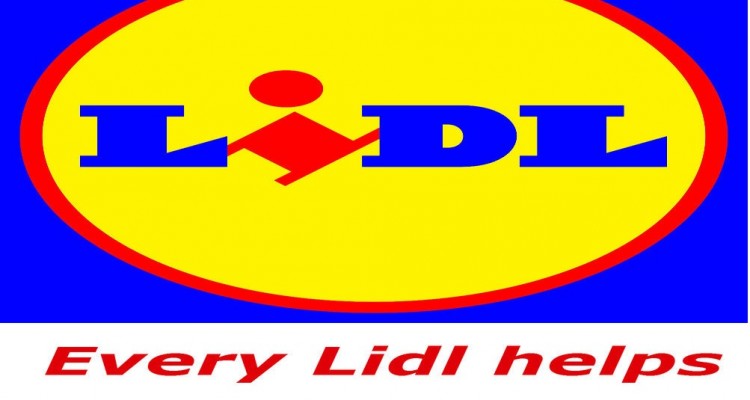
European Bank Subsidised Lidl Expansion with A$1200 million.
The companies, owned by the large retail company Schwarz Group and controlled by one of Germany’s wealthiest families, received loan funding from a little-known wing of the World Bank and from the European Bank for Reconstruction and Development (EBRD). There is no suggestion there was anything ‘wrong’ with the funding, as you will see it is part of the specific mandate of these organisations funded by taxpayers and owned by governments to encourage local development, in this case in Europe.
The German Federal government, on their website has been heavily promoting both Lidl and Aldi in America to help it to become established in that country and, no doubt, sell food that has been made or produced in Germany. Lidl like Aldi, also sell a range of German made hardware, electrical goods and many other things.
Aldi already have stores in Australia and it is understood they plan many more. Lidl are also planning a chain of stores throughout Australia. In what seem like a few years in the UK they have secured over 10% market share and are causing both Tesco and Waitrose, the two biggest food retailers in the UK, to review their business plans.
They have made no secret about being ‘aggressive’ with their entry into America. Maybe interesting times for the Australian consumer, but what about the producers and what few processors are left, what of the future for them?

